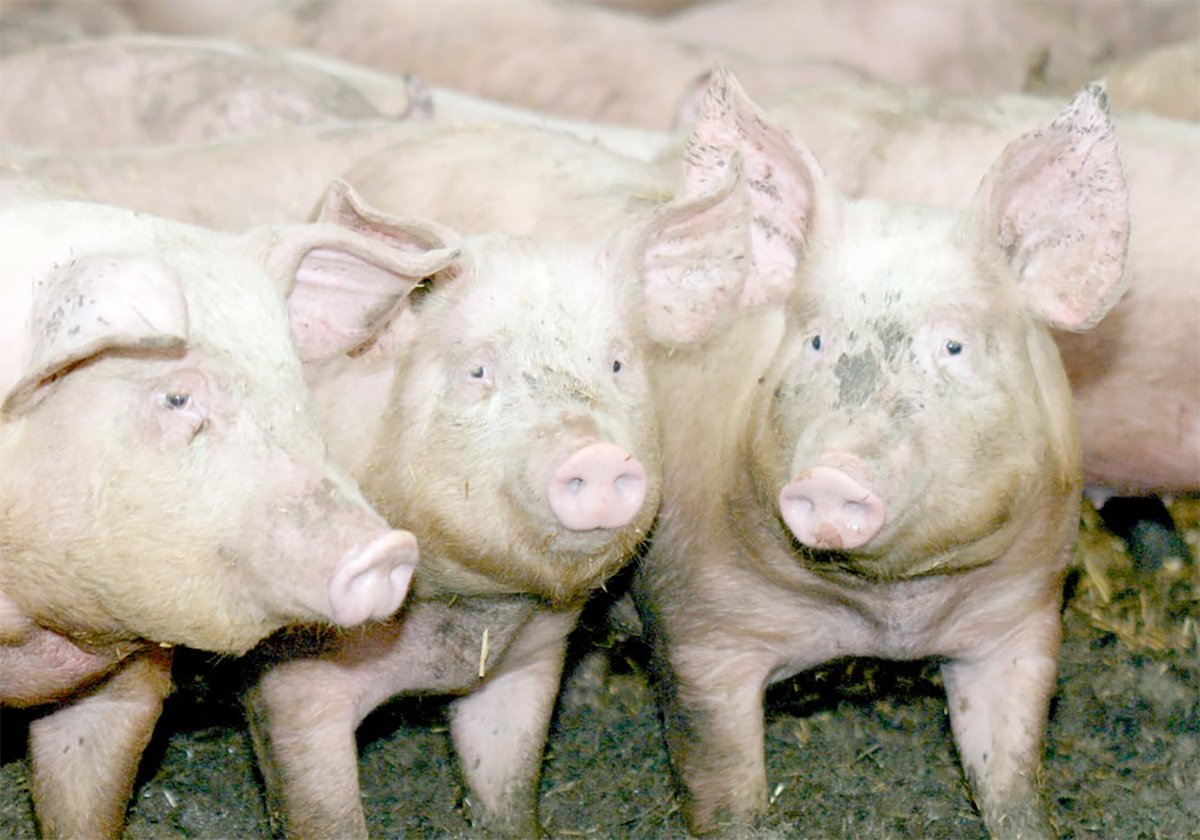With bullets whizzing over the heads of livestock producers from every direction, some say they don’t know which way to run.
In Alberta, codes of practice, municipal bylaws, provincial regulations and possibly federal environmental laws have left producers confused.
The most contentious issue facing them is where to put their livestock manure and how people expect them to dispose of it.
“There is a growing push to make everybody come up to the new standard and we don’t know exactly what that is yet,” said hog producer Ken Dunsdon of Coaldale, Alta.
Read Also

The Western Producer Livestock Report – November 13, 2025
Western Producer Livestock Report for November 13, 2025. See U.S. & Canadian hog prices, Canadian bison & lamb market data and sales insights.
“People believe that livestock are major polluters and a lot of it is a major misconception,” said Dunsdon.
Producers like Cor Van Raay at Iron Springs, Alta., say there are a few people who make the situation worse for those operators who are trying to be responsible.
“There’s a few bad apples and the whole thing is blown out of proportion” said Van Raay, the largest feedlot operator in Canada.
He said he used to buy about a half million dollars worth of chemical fertilizer every year. He stopped doing that because it was supposed to be bad for the environment, so he switched to organic fertilizer.
“At one time we applied manure to the field because they said we did a bad job of farming because we let the soil blow away,” he said.
“Now we have all this soil reclaimed by better stubble management and putting organic matter in, in the form of manure. We have excellent soils because of that.
“Now somebody says you can’t apply all this manure because it’s bad for your soil. It’s all B.S.,” he said.
For Dunsdon and Van Raay there are additional pressures when farming in the County of Lethbridge, where a new set of land-use bylaws could change their way of life.
Dunsdon holds older permits with different stipulations about storage and manure spreading. He wants to know if his original permits stand and what he might have to do to bring his farm up to new standards.
There are many questions and no answers about how producers are supposed to continue normal farm practices.
“There’s a lot of fear in the livestock industry because of these misconceptions of what’s going to be slapped on us,” said Dunsdon.
The county has proposed, as part of its new land-use bylaw, that certain areas will be closed to further intensive livestock farms.
“There’s a lot of good stuff in it, but there’s some things producers can’t live with,” said Van Raay.
He is concerned that no farmers were consulted before the bylaw was drafted by county staff. He also wants the code of practice respected for the safe handling of manure.
“We’re saying we have a code of practice and it doesn’t matter where you are in the county, the rules should come out of the code of practice,” said Van Raay.
He welcomes provincial regulations but wants to be involved in the writing of those regulations so they are workable.















